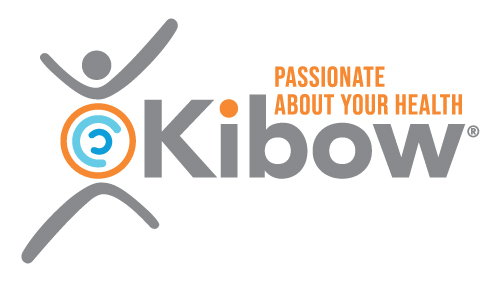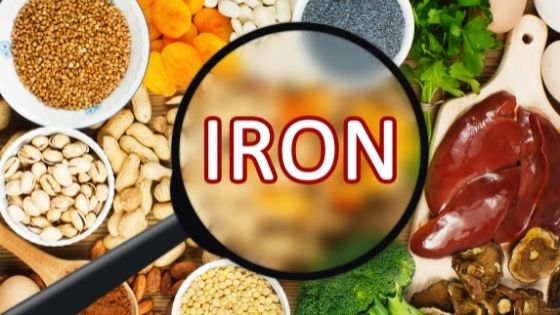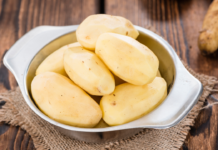*These statements have not been evaluated by the US Food and Drug Administration. This information is not intended to diagnose, treat, cure, or prevent any disease. Always consult with a qualified healthcare professional prior to beginning any diet or exercise program or taking any dietary supplement. The content on our website is for informational and educational purposes only.
Written By: Steve L. Belcher, RN, MSN, MS, DN-CM
Each month patients receiving kidney dialysis have their blood drawn to test the efficiency of their treatment. One such test that is important to kidney patients is Iron. What is iron, and why is it significant for patients with kidney disease.
What is Iron?
Iron is a very important mineral that is needed for many body functions. It helps our muscles store and use oxygen. Iron is also needed to make the red blood cells that carry oxygen through the entire body. Your body needs the right amount of iron. If you have too little iron, you may develop iron deficiency.”
Common Causes of low iron in kidney patients are:
- Blood loss, such as bleeding from the dialysis access site, surgery, or frequent blood tests
- Poor absorption of iron from food in the intestinal tract
- Not eating enough high-iron foods due to poor appetite or diet limitations
Without enough iron, you may have:
- The low energy level and difficulty concentrating
- Pale skin color or “spoon nails” (nails that are thin and curved)
- Anemia
- Decreased appetite, shortness of breath
If your iron level is low, your doctor may order an iron medication during dialysis or prescribe iron pills. However, if you are taking an iron pill, try these suggestions:
- Take iron pill separate from phosphate binders
- Take it between meals or at bedtime
- Do not take it with dairy products, coffee, tea, or alcohol
- Take the amount of iron supplement your doctor prescribes
- Increase your intake of high iron foods such as lean meat, iron-fortified and iron-enriched cereals, and rice
- Use an iron skillet for cooking if one is available
Iron is found in foods from both plants and animals, however;
- Iron from animal sources is absorbed better than iron from plant sources
- Vitamin C and protein foods help increase iron absorption from plant foods
- Strawberries, tangerines, and vitamin C enriched cranberry juice are some kidney-friendly sources of vitamin C
- Read food labels and look for 20% or more iron per serving.
If you have any questions concerning your iron levels or iron deficiency, talk with your kidney doctor or primary care physician.
About the author
Steven Belcher, RN, MSN, MS, is a dedicated kidney advocate who began his journey 20 years ago as a dialysis nurse. This job inspired him to help as many people with kidney disease as he could. Not only did he spend two decades caring for a patient’s physical and emotional needs in a clinical setting, but he also educated the public on the risk factors of kidney disease. Some of his many philanthropic successes include being a keynote speaker at the National Association of Nephrology Technicians/ Technologists (NANT), presenting at community spaces, and launching radio shows.
He now focuses his time entirely on his organization Urban Kidney Alliance, which educates the public about kidney disease. His goal? To lower rates of Chronic Kidney Disease in urban communities in Baltimore, Maryland, across the country, and globally through education and collaboration.
Steve has also written the book “HOW TO SURVIVE OUTPATIENT HEMODIALYSIS: A GUIDE FOR PATIENTS WITH KIDNEY FAILURE.” You can read the book review here.
Learn more about our sponsor Renadyl™ here https://renadyl.com





